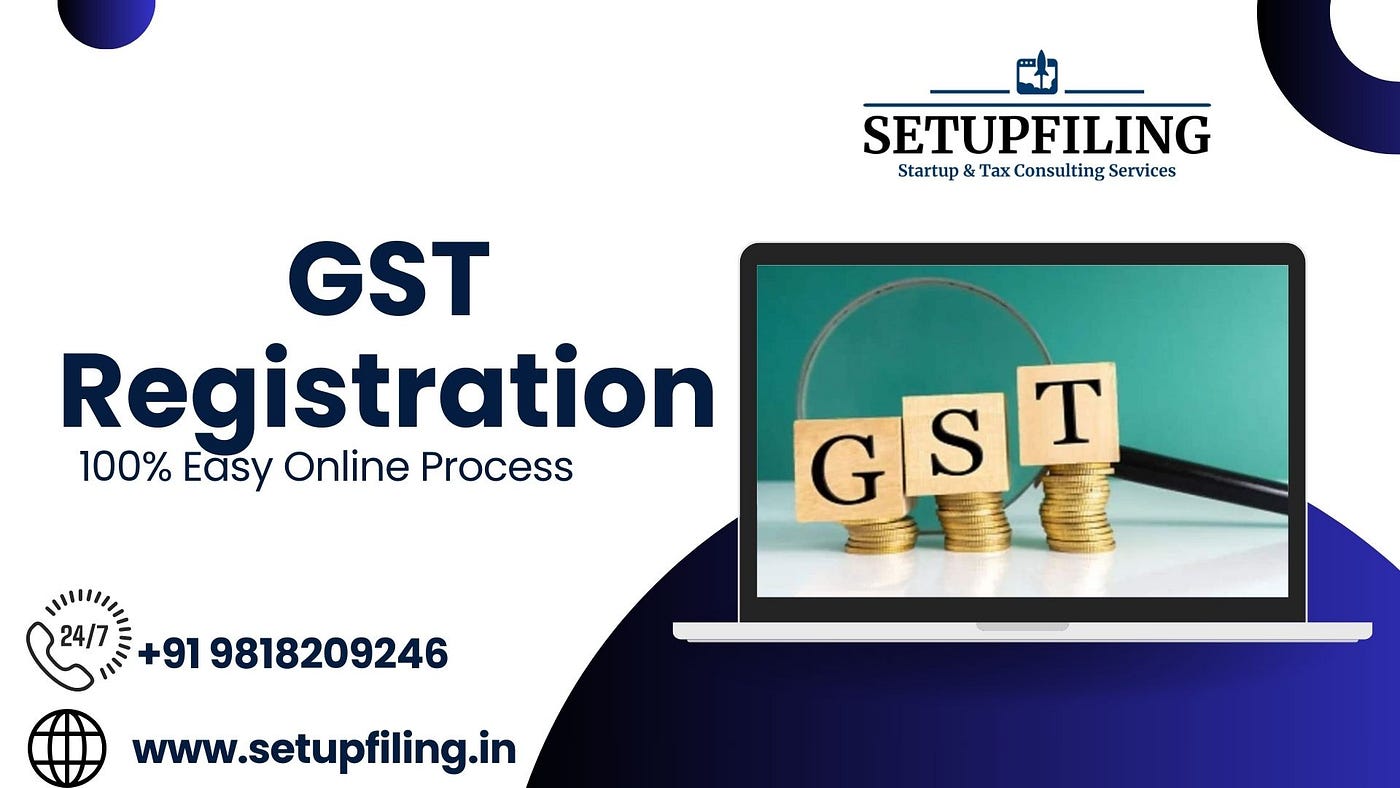Top Tips for a Smooth Singapore GST Registration Experience
Top Tips for a Smooth Singapore GST Registration Experience
Blog Article
The Ultimate Guide to Streamlining the GST Registration Refine and Needs for Small Company Owners

Comprehending GST Fundamentals
To comprehend the principles of the Product and Solutions Tax Obligation (GST) system, small company owners should first understand its underlying ramifications and principles. GST is a value-added tax imposed on the majority of items and solutions for domestic consumption. It intends to enhance the tax process by changing numerous indirect taxes imposed by the state and main federal governments. Under the GST program, businesses are required to sign up and gather tax in support of the federal government, making sure transparency and conformity.
One of the key concepts of GST is input tax debt, which enables organizations to claim credit report for tax obligations paid on their purchases. Recognizing these fundamental concepts is crucial for small organization owners to navigate the complexities of the GST system and guarantee compliance with the law.
Eligibility Requirements for Registration
Having established a foundational understanding of GST principles, small company proprietors need to currently satisfy certain eligibility requirements to wage the registration process. In India, entities took part in the supply of items or solutions with a yearly aggregate turnover exceeding Rs. 40 lakhs (Rs. 10 lakhs for unique group states) are called for to sign up for GST. Furthermore, certain companies such as those involved in inter-state supply of goods, informal taxed persons, and those required to pay tax under the reverse cost device need to register for GST irrespective of their turn over. In addition, organizations that were registered under the previous tax regime (BARREL, solution tax, etc) are also mandated to sign up under GST. However, farming services that only provide create out of primary manufacturing are exempt from GST enrollment. It is critical for company owner to carefully examine their eligibility based upon these criteria to make certain compliance with the regulation and prevent any kind of charges for non-compliance.
Records Needed for GST Registration

Simplified Registration Refine Actions
Adhering to the collection and confirmation of the requisite papers, the registration process for GST can be browsed with a series of streamlined steps developed to facilitate efficient conformity for small company proprietors. The initial step includes seeing the GST portal and picking the 'New Registration' alternative. Ultimately, the candidate should load in Part A of the GST REG-01 type with details such as frying pan, mobile number, and email address to get an OTP for verification. As soon as the OTP is gotten and gotten in, a Short-lived Recommendation Number (TRN) is created for additional process. The next action requires filling up out Component B of the type with essential company information, uploading sustaining documents, and completing the confirmation process utilizing DSC or EVC. Upon effective confirmation, an Application Reference Number (ARN) is provided, showing the completion of the GST registration process. Resources By adhering to these simplified steps, local business owners can successfully sign up for GST and ensure compliance with tax obligation laws.
Tips for Ensuring Conformity
To preserve regulative adherence and operational integrity, diligent oversight and proactive actions are crucial in making certain conformity with GST demands for small company owners. Small company owners have to remain updated with GST regulations, submitting due dates, and any type of changes in tax obligation rates to avoid fines and preserve a good standing with tax obligation authorities. One necessary suggestion for conformity is to maintain accurate and thorough documents of all deals, including expenditures, invoices, and invoices associated with GST. Regularly resolving financial documents with GST returns can help in determining and rectifying any type of discrepancies immediately. Additionally, carrying out periodic interior audits or looking for professional help can make certain that the company is adhering to all GST guidelines properly. It is also vital for tiny company proprietors to purchase GST-compliant bookkeeping software program that can improve the tax declaring procedure and minimize errors. Last but not least, attending GST awareness workshops or training programs can improve understanding and conformity with GST laws, ultimately benefiting the service in the future.
Final Thought
Finally, small company proprietors need to comprehend the basics of GST, meet the qualification standards, gather necessary documents, and follow the simplified enrollment procedure actions to guarantee compliance. By streamlining the GST enrollment process and requirements, local business proprietors can prevent penalties and run their organizations efficiently within the legal structure - Singapore GST Registration. It is essential for local business proprietors to remain educated and certified with GST regulations to maintain an effective business procedure
Little visit site business proprietors seeking GST enrollment need to ensure they collect and submit the needed files to finish the registration procedure efficiently. The records required for GST enrollment usually include proof of business registration resource or unification, PAN (Irreversible Account Number) card of the company entity, identification and address evidence of the promoters/partners/directors, photos, address evidence of the place of service, financial institution account statements or terminated cheques, and authorization types. Participating in GST awareness workshops or training programs can improve understanding and conformity with GST policies, inevitably profiting the company in the lengthy run.
By streamlining the GST registration procedure and needs, small service proprietors can prevent fines and run their companies efficiently within the lawful framework. It is important for tiny organization owners to remain compliant and educated with GST laws to maintain a successful service procedure.
Report this page